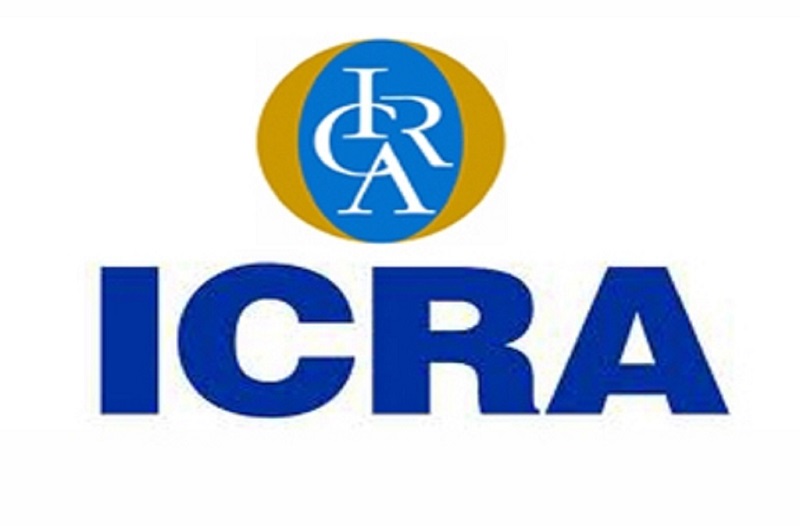With major cities in India struggling with severe air-quality problems, steps are being initiated to curb rising vehicular pollutants. The National Green Tribunal (NGT) has recently directed Delhi’s Regional Transport Office to de-register all diesel vehicles older than 15 years and gradually phase-out vehicles over 10 years in the Delhi-NCR region. In addition, the Government of India has also started working on various initiatives to address the growing menace of air pollution. Besides fast tracking the implementation of BS-VI norms, the MoRTH recently published a Concept Note on Voluntary-Vehicle Modernization Program (V-VMP) that aims to promote replacement of old vehicles and thereby bring down vehicular emissions and improve fuel efficiency.
The proposed scheme, which is currently in public domain for comments from various stakeholders would provide an incentive of 8-12% to voluntary scrap old vehicles and purchase new vehicles with a three-pronged incentive structure. The scheme will be applicable for vehicles bought before April 2015 (i.e. older than 11 years) and will cover all segments including Passenger Vehicles, Commercial Vehicles and Two Wheelers.
“The impact of the scrappage program could be limited owing to moderate level of incentive (i.e. 8-12%) being offered. The resale value of 11+ year old vehicles may be higher than the proposed rebate in the scrappage program, as the resale value of some of the key car models (older than 11 years) range between 8-15% in the second-hand market. However, the program may become useful for owners of old diesel vehicles, especially in the wake of recent ban in Delhi-NCR and other states like Kerala and Chhattisgarh. As market value of older diesel vehicles fall, the scrappage policy may become attractive for customer segments like taxi owners and old trucks.” says Subrata Ray Sr GVP ICRA Limited.
The population of vehicles older than 11 years plying on Indian road would be around ~25 million. “If around 5% owners across vehicle categories decide to avail the incentive program, the policy could provide ~3% additional sales in the passenger vehicle and two wheeler segment and ~6-7% in the commercial vehicle segment over next two years.”, says Subrata Ray, Sr GVP ICRA Limited.
The implementation of scrappage program would require approval from the Ministry of Finance as it incorporates a partial waiver on excise duty on new vehicle sales. Further, the program will also need to bring the automobile OEMs on board as part of the incentive (i.e. in form of discount) will be borne by them. The successful implementation of the program will also require the Government to indentify shredding & recycling centers and set-up an efficient IT system for communication among participants.


